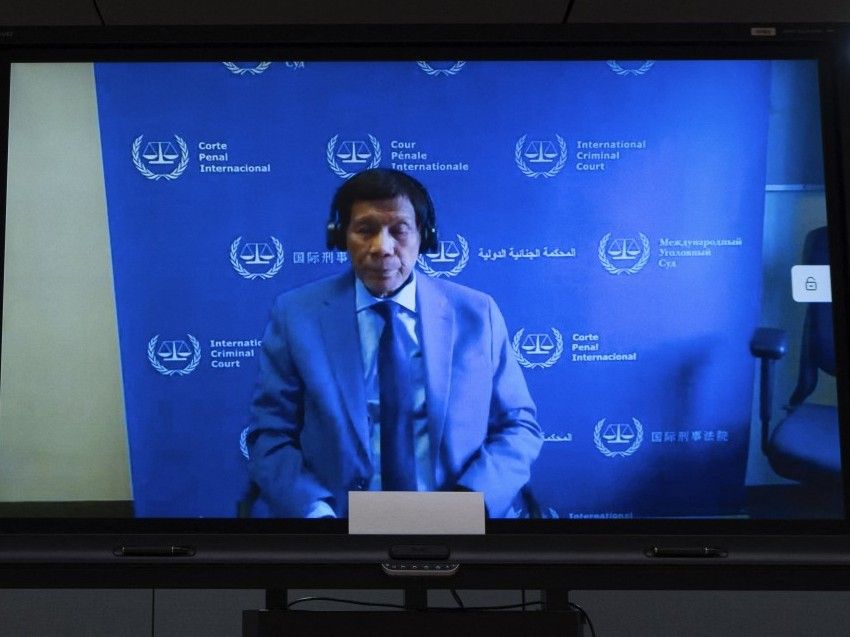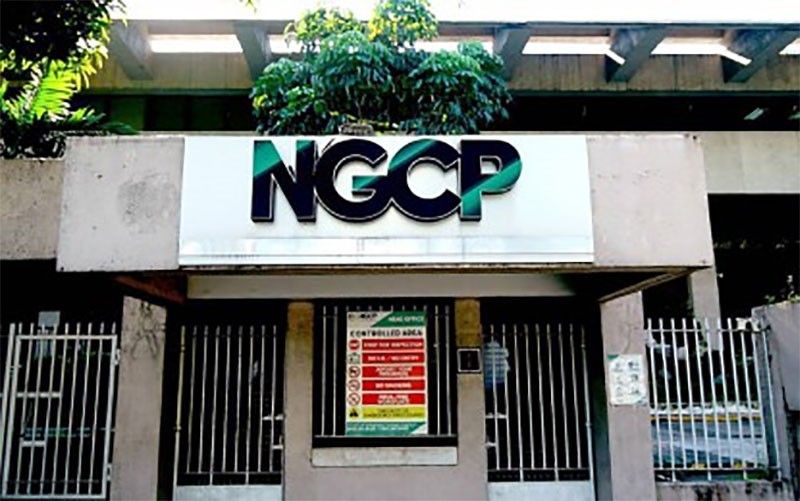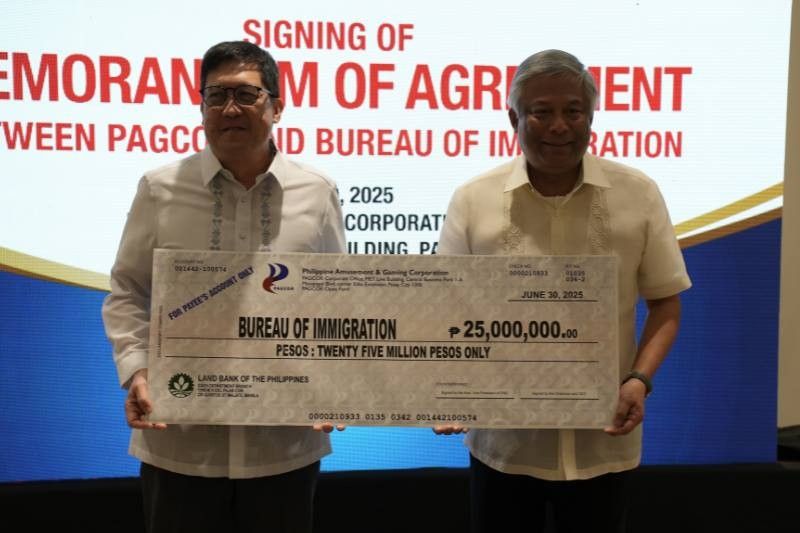
Upgrade to High-Speed Internet for only ₱1499/month!
Enjoy up to 100 Mbps fiber broadband, perfect for browsing, streaming, and gaming.
Visit Suniway.ph to learn
MANILA, Philippines — House lawmakers raised the alarm over the Civil Service Commission’s (CSC) memo warning government employees against expressing political views on social media during the election period, urging that it be reconsidered.
House Assistant Majority Leader Zia Adiong (Lanao del Sur, 1st District) argued on April 10 that the CSC’s ban on activities like liking or sharing posts related to candidates is “too restrictive and too punitive.”
“‘Yung simple like sa Facebook at mga (social media) account, that to me is overreaching. It’s too punitive. I hope that the Civil Service Commission would reconsider their policy on this,” he said at a press conference.
The memo in question is Memorandum Circular 3-2025, titled “Reminder Not to Engage in Partisan Political Activities During the Campaign Period of the 2025 Midterm Elections.”
What the memo says. It specifically states that “liking, commenting, sharing, reposting, or following a candidate’s or party’s account” are considered “partisan political activities” only if they are used to “solicit support for or against a candidate or party during the campaign period.”
It also outlines penalties, including suspension for a minimum of one month and one day to six months for the first offense, and dismissal from service for a second offense.
While Adiong agrees that government employees should not actively campaign for candidates, he said simply liking a post online should not automatically constitute endorsing or campaigning for a candidate or party.
“Para sa akin (For me), I hope that we can still maintain that our civil servants remain to be non-partisan and apolitical,” he said
He added that government employees are hired by the state, and their salaries and resources are primarily funded by taxpayers, which he believes are enough reasons why public servants should remain neutral.
“But as simple liking, for a very simple reason that they like the messaging na hindi naman sila nang-eendorso o nang-ngangampanya sa kandidato is to me too restrictive and too punitive,” he stressed.
(But simply liking something, for the very simple reason that they like the message and are not endorsing or campaigning for a candidate, is to me too restrictive and too punitive.)
Violates free expression
However, for House Deputy Minority Leader France Castro (ACT Teachers’ Party-List), the threat of suspension for liking or sharing posts breaches the constitutional right to free expression and political participation of government employees.
She said it “effectively silences nearly 2 million government workers and strips them of their fundamental right to engage in democratic discourse.”
Castro argued that such penalties “instill fear” and have a chilling effect, preventing government workers from engaging in “legitimate political discourse” even in their “personal capacity.”
She also questioned the CSC’s ability to monitor millions of government employees on social media, calling it a “logistical nightmare” that could lead to “selective prosecution and political harassment.”
“Kung hindi ito babawiin ng CSC, hinihikayat namin ang mga apektadong government employees na kumilos at maghain ng legal challenge sa korte. Hindi dapat payagan ang ganitong lantarang pag-atake sa ating demokratikong karapatan,” Castro added.
(If the CSC does not withdraw this, we urge affected government employees to take action and file a legal challenge in court. Such a blatant attack on our democratic rights should not be allowed.)
After public backlash, the CSC clarified on Thursday that government employees can like, share, comment on, or repost election-related content on social media.
However, the caveat is they are not allowed to do so if it means gathering support for or against a candidate or party during the campaign period.
“The CSC emphasized the need for prudence in using social media to avoid engaging in partisan political activities,” it said in a statement.
The election period runs until May 10, just two days before the polls open.

 2 months ago
26
2 months ago
26



